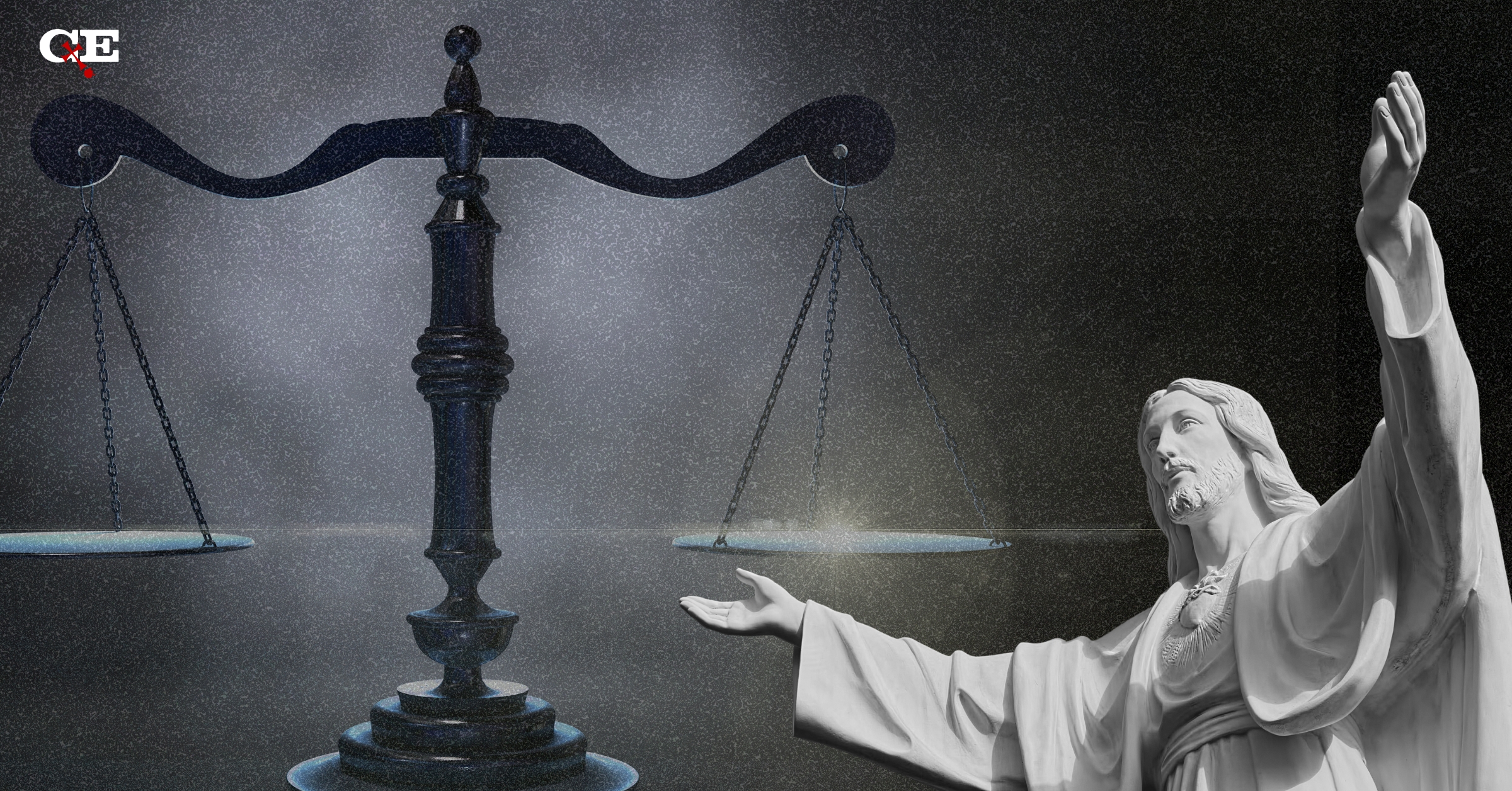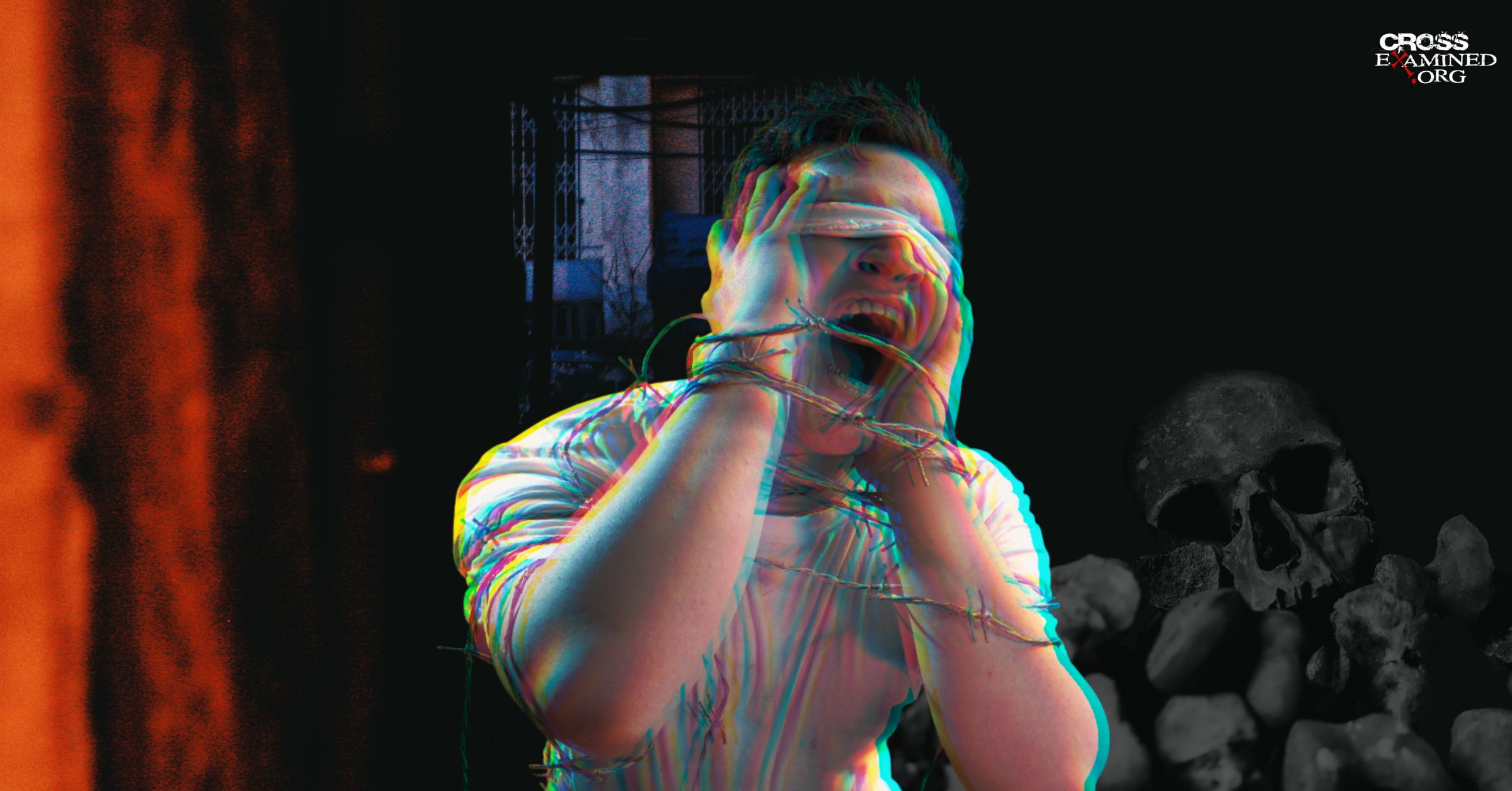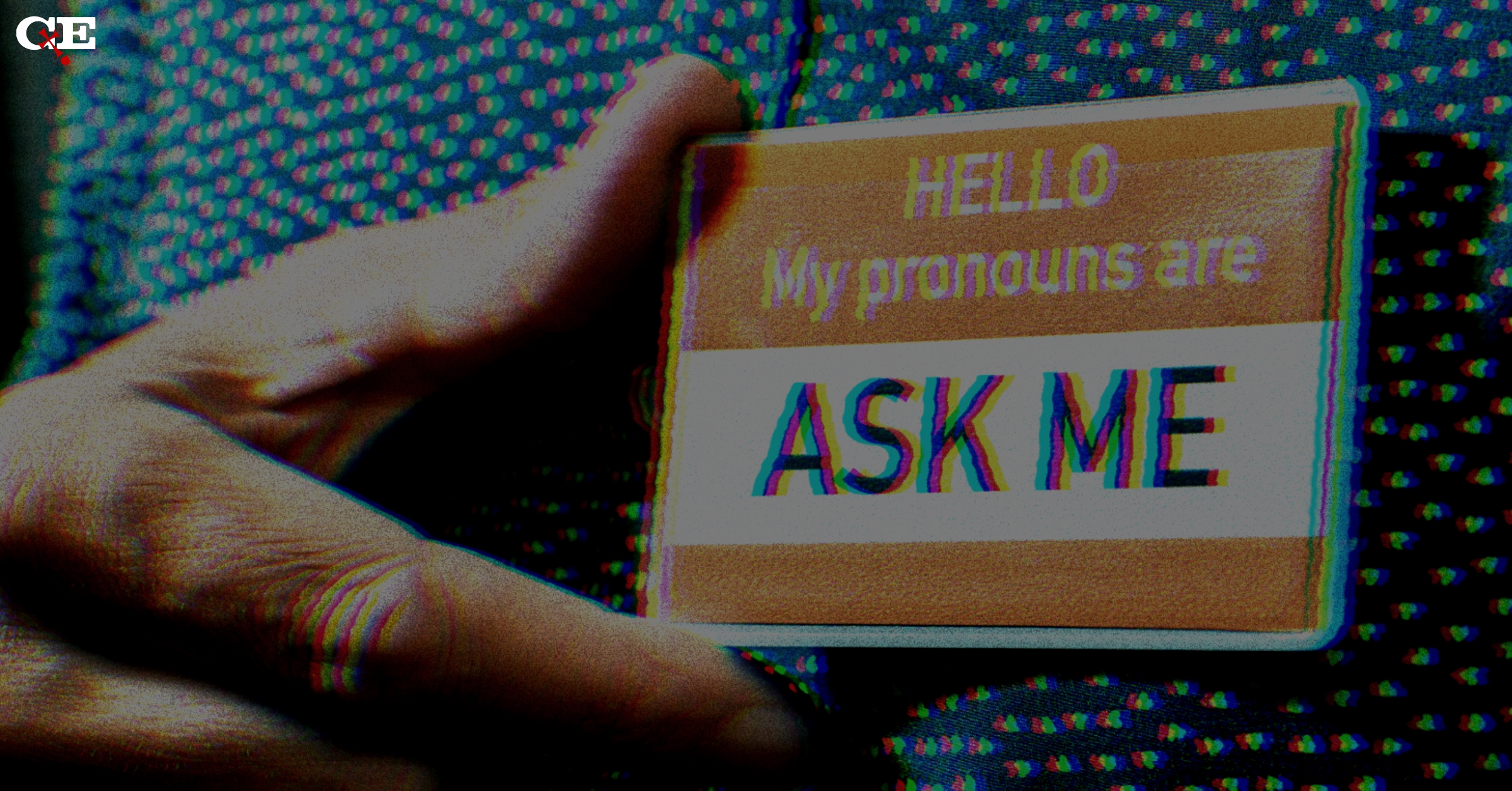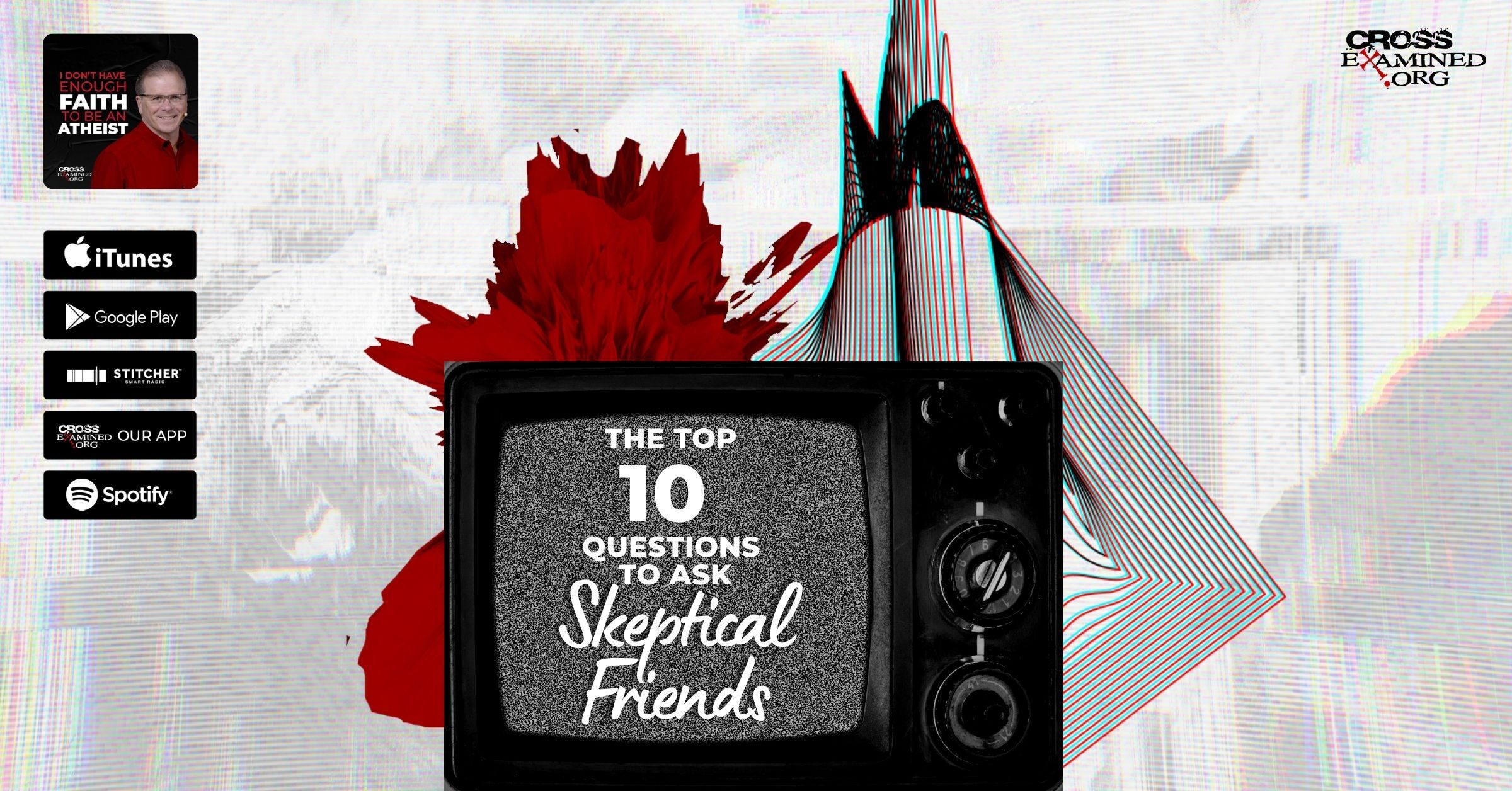Why It Is Appropriate For God to Judge Us On Our Beliefs
For many atheists, no amount of argument will ever convince them that a loving God could consign any of his creation to Hell. I have often encountered this challenge, which usually sounds something like this:
“It does not matter how just, kind, and generous they have been with their fellow humans during their lifetime. If they do not accept the gospel of Jesus, they are condemned. No just God would ever judge a man for believing the wrong thing. He would judge them instead by their actions.”
It is difficult, if not impossible, to provide an answer to this challenge that is emotionally satisfying. After all, even for believers, the doctrine of Hell is difficult to accept, as it runs up against our innate inclinations. How easy it is for us to grade our own behavior on a curve, to forgive our transgressions, to lessen our own culpability, to view ourselves as “basically good.” When we see ourselves this way, we naturally conclude that God will see us this way too. It is only by resorting to Scripture – an “outside” view – that we can see clearly that a God who embodies justice must have a place of punishment for those who rebel against him.
Justice Demands It
Consider: Justice, in its most basic sense, involves the notion of rewarding good and punishing evil. We appreciate this intuitively, and even at a very young age. How jarring would it be for a student to be given detention for being attentive in class, or to receive a merit award for cheating on his final exam. No, punishment is meant for bad behavior. But in assessing the proper extent of punishment, we also consider the wrongdoer’s mental state, which of course is reflective of their beliefs. Premeditated murder is worse than manslaughter, and is punished more severely, and a hate crime is a sentencing enhancement that adds more punishment to the underlying crime. In both examples, a person’s beliefs are at play: the premeditated murderer has reflected on his choices before committing the fatal act; a hate crime reflects a belief that the rights of a member of the protected group are especially unworthy of respect. So, considering what a person thinks and believes is indeed relevant to the question of consequences, especially if those beliefs have motivated bad behavior.
But the underlying mistake in the skeptic’s view is even more fundamental. He is wrong to assert that people are condemned for their beliefs, for not accepting the gospel. They are, instead, condemned for their sinful behavior. Through their thoughts, words and actions, through the exercise of their free will, they repeatedly choose to violate God’s laws.
How should God respond to this?
Can God not just “let it go? Do nothing? After all, he created us this way, didn’t he? But if he simply accepts the repeated violation of his moral law, he could no longer be viewed as “just.” Imagine for a moment how one would view a judge who never imposes a sanction on someone who violates the law, no matter how often or how flagrant the violations are? Why would we expect God to be different? If he embodies perfect justice, and if he created us from nothing and made his law known to us, does it not stand to reason that there will be a consequence imposed on us for choosing to violate that law?
The Underlying Condition
The quoted challenge, then, is a bit like saying that the sick man died of “not believing in the doctor.” No, the person died of a specific underlying condition which a doctor might have been able to cure. So too with eternal punishment. No one is condemned for refusing to believe in Jesus. While Jesus can – and does – provide salvation for those who seek it, there is nothing unjust about not providing salvation to those who refuse to seek it. After all, we don’t normally feel obliged to help someone who has not asked for, and does not want, our assistance. So too the Creator has the right to withhold a gift – i.e. eternity spent in his presence – from those who would trample on the gift, and on the gift-giver.
God Isn’t Impressed
The quoted assertion also demonstrates an unspoken belief that we can impress God with our “kind” or “generous” behavior. On this view, God should be grateful that we have acted in a way that pleased him. This fails to grasp what God is – a perfect being. We cannot impress him. When we behave rightly, after all, we do what we should do. We don’t drag people into court and reward them for not committing crimes. Acting lawfully all of the time is rightly expected of us. By the same token, a person guilty of a serious crime cannot complain that his punishment is unfair, because he had been kind and generous to others in the past.
So, in the end, we find ourselves in a predicament. We use our free will to rebel against our Creator, but we want him to accept this rebellion, and us, with “no questions asked.” When God judges us, he finds us wanting in both our actions and our beliefs. But in his infinite goodness, he also provides the solution to our problem, a bridge that spans the divide that exists between us and him. This point bears emphasis: through his love and mercy, God provides the solution to our problem, if only we are willing to bend the knee and ask for that mercy.
There is nothing unfair in any of this. In the end, we get what we choose. The bridge back to God, the one enabled by Jesus’ sacrifice when he walked the Earth, costs us nothing to cross, and is available to everyone.
But we must first want to cross it.
Recommended Resources:
Is Original Sin Unfair? by Frank Turek (DVD, Mp3, and Mp4)
Was Jesus Intolerant? by Frank Turek (DVD and Mp4)
Can All Religions Be True? mp3 by Frank Turek
How Can Jesus be the Only Way? Mp4, Mp3, and DVD by Frank Turek
Al Serrato earned his law degree from the University of California at Berkeley in 1985. He began his career as an FBI special agent before becoming a prosecutor in California, where he worked for 33 years. An introduction to CS Lewis’ works sparked his interest in Apologetics, which he has pursued for the past three decades. He got his start writing Apologetics with J. Warner Wallace and Pleaseconvinceme.com.










